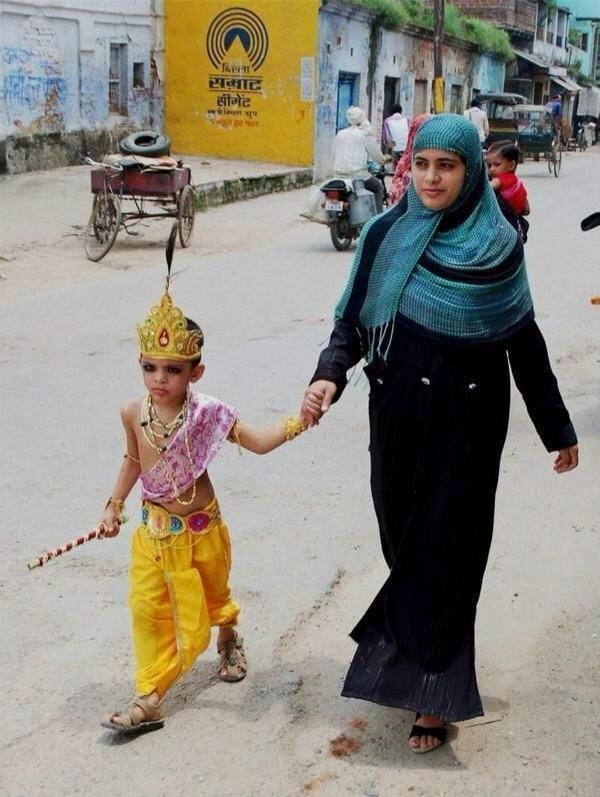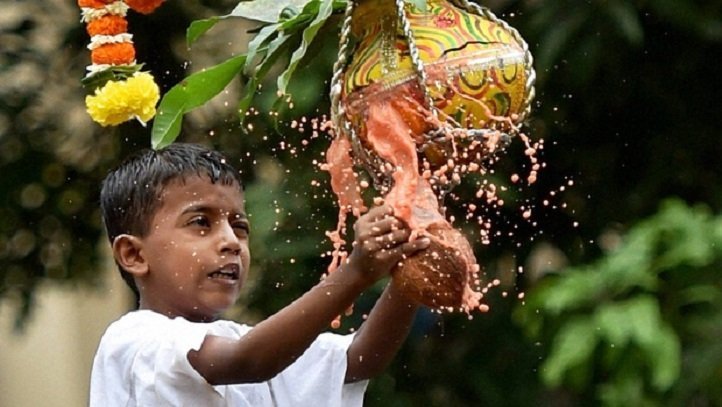Does religion make kids kinder? That’s the subject of a paper authored by academicians from seven universities titled ” The Negative Association Between Religiousness and Children’s Altruism Across the World “. The researchers set out to investigate whether beliefs and values from a religion would result in children from religious families showing more unselfish behaviour.
The researchers also noted that previous studies had focused on college students from western, industrial, educated, rich, and democratic societies. So they conducted tests on the behaviour of Christian, Muslim, Buddhist, Hindu and non-religious kids in six countries including US, Turkey and China.

As part of one test the children were given a set of 30 stickers and told to choose their ten favourites. They were later told that the experimenters did not have the time to play this game with all the children in the school so many of them will not be able to get stickers. Their responses to various questions was then recorded.
In another test, children were shown a series of short dynamic visual scenarios where interpersonal harm (pushing, bumping) was seen and their responses recorded. The socio-economic conditions of the children and their religiousness was also measured. And what the researchers found was surprising.

The study found that children hailing from religious families tended to be less kind.
“Religiosity affects children’s punitive tendencies. Children from religious households frequently appear to be more judgmental of others’ actions,” said the study.The study said it completely contradicted the popular assumption that children from religious households are more altruistic and kind toward others.The researchers said that the study also raised doubts on just how important religion was for moral development. “More generally they call into question whether religion is vital for moral development, supporting the idea that the secularization of moral discourse will not reduce human kindness—in fact, it will do just the opposite,” the researchers said.

















